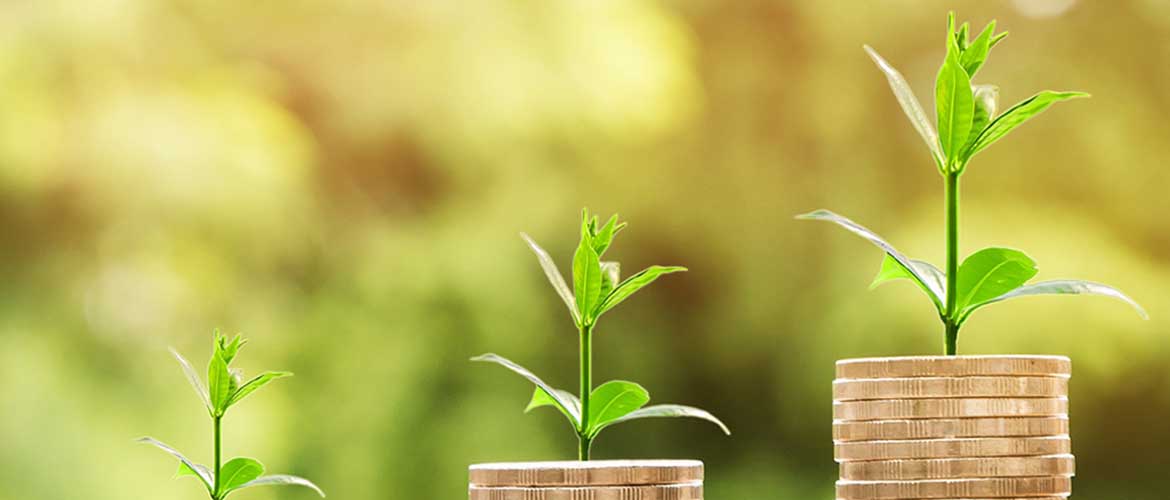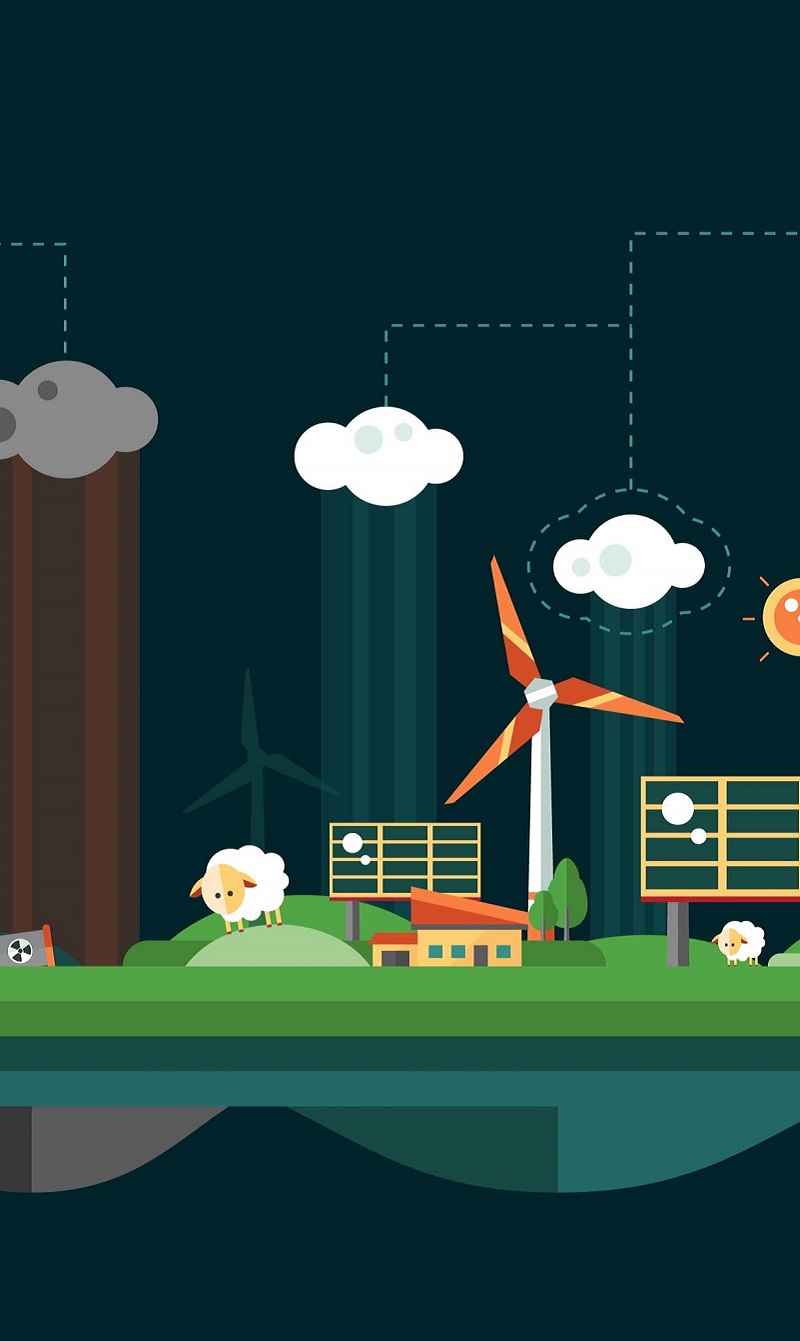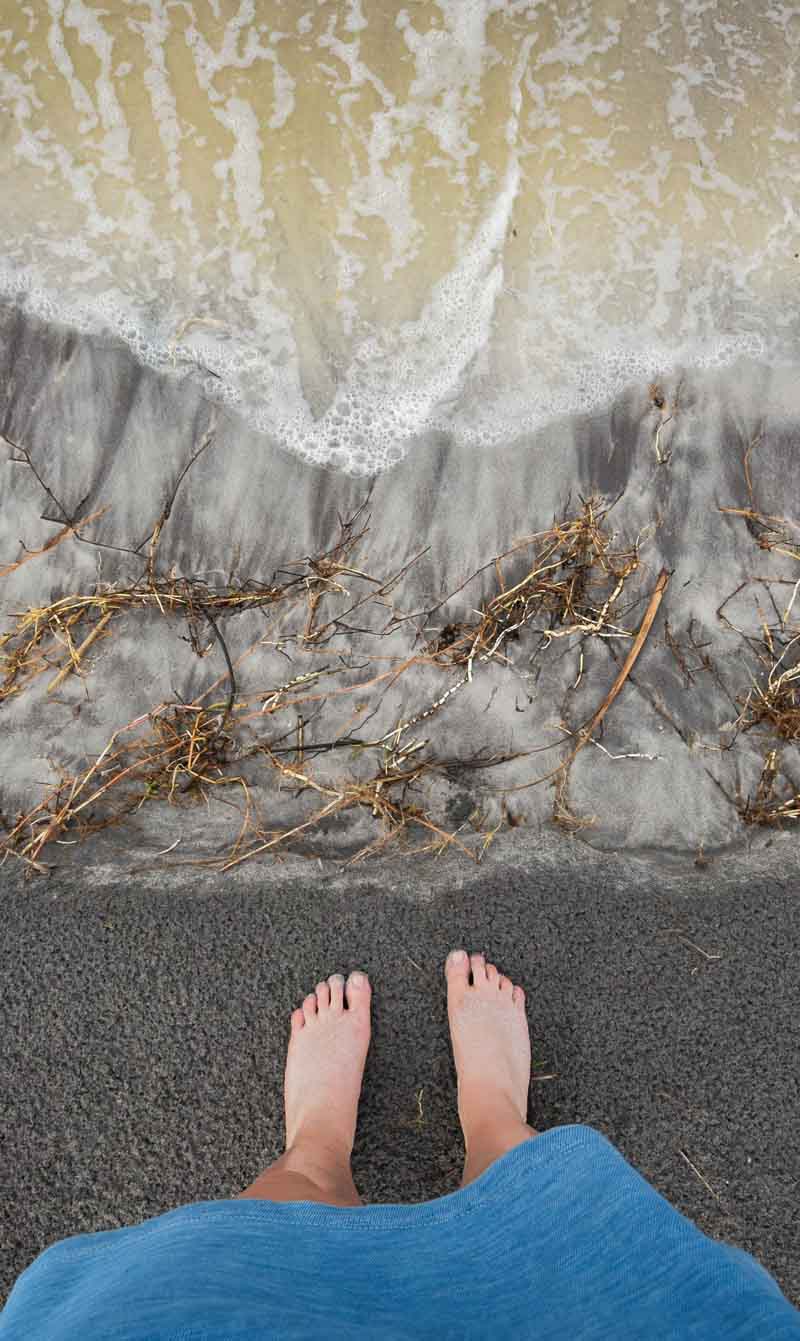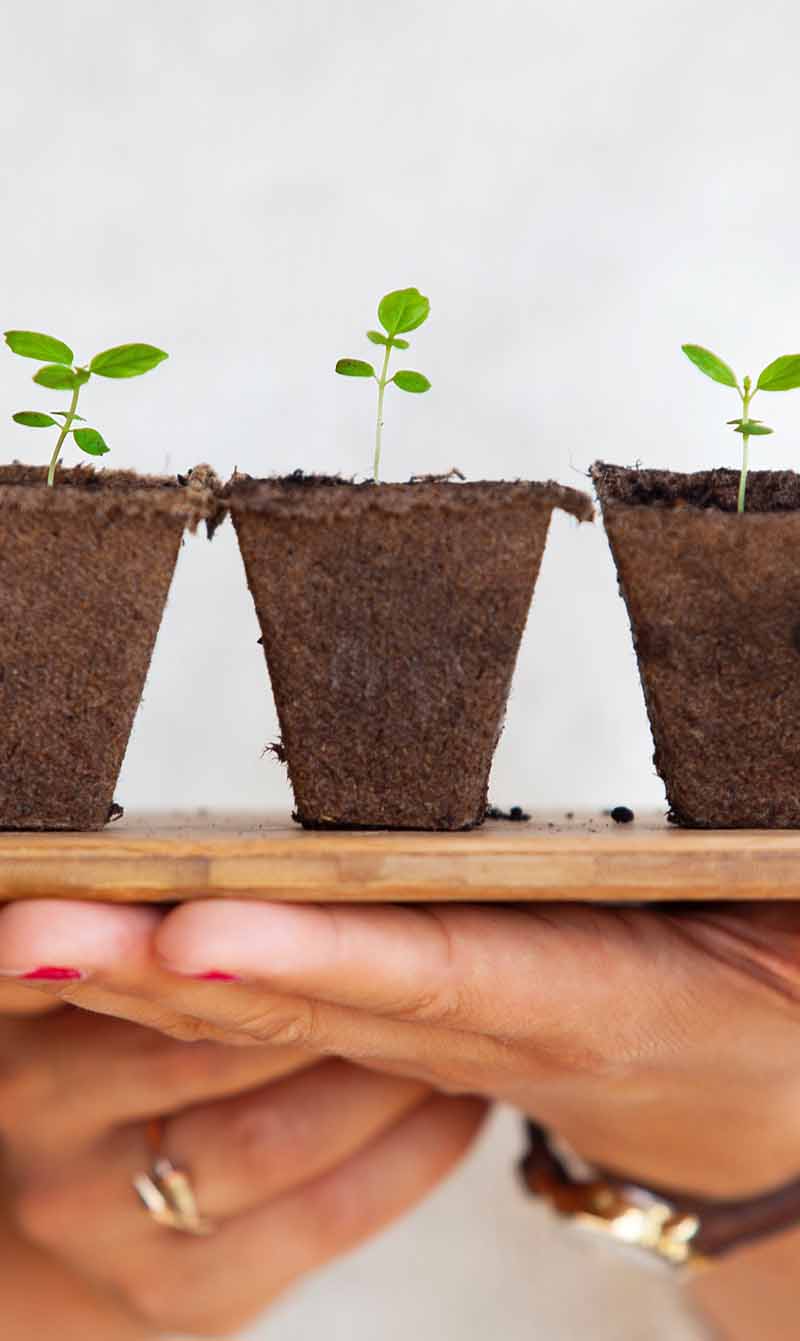Economic benefits of conserving nature
According to Thomas Maddox, an expert on the conservation of flora and fauna, there’s a direct link between our economy and nature. Since this is the case, he’ll give you food for thought on conserving nature and the need to initiate it.*
As you’d have guessed, and as Thomas Maddox – a senior technical advisor at Fauna and Flora International in the United Kingdom and speaker at the WIEF Roundtable on green economy – confirms, there are major differences in the priorities for environmental conservation in different parts of the world. ‘Although, the contrast between east and west is probably not the greatest. Various people have mapped out the priority hotspots for environmental conservation,’ he says.
First of all, Maddox explains how these vary a little by how you define priority. ‘Often it’s defined by the number of species in an area (biodiversity). But it can also be defined by the degree of threat, the degree of unusualness (endemicity) or even the importance to people,’ he elaborates.
‘Generally, most of these hotspots tend to focus on the tropics. Biodiversity is highest in the tropics and lowest at the poles. These days, threats tend to be highest in the tropics and lower towards the [geographical] poles because developed countries have already destroyed many of their natural resources whilst developing countries are doing so at the moment,’ he says.
People may point to the past and say there have been similar periods when species losses and climate change has happened at a similar or even larger scale. But the way the planet is changing now is unprecedented in the speed it’s happening.
Maddox states that human dependency on biodiversity tends to be higher in the tropics since this is because people in the tropics tend to be poorer and poorer people tend to have more direct dependence on nature than the rich. ‘Thus, while it seems unfair or even arrogant for northern or western conservationists to focus their attention on southern areas, this is where science says the importance is highest,’ he reasons.
However, Maddox explains how there’s a difference in opportunity in different parts of the world and breaking the addiction to business-as-usual economics in countries such as the United Kingdom and America is very difficult when it has worked so well for so long and so many people have profited so highly from it.
‘The UK has some of the best research on the value of its natural assets and the importance of natural capital accounting, yet we’re struggling to turn the juggernaut that’s based on traditional economic thinking. Other parts of the world have the chance to leap frog countries like the UK,’ he says. ‘Many believe the best path is to follow the example of the UK – use your natural resources to get as rich as possible as fast as possible and reap the benefits. But increasingly, people are seeing the potential folly of this approach. They’re wondering whether development pathways that recognise the full value of their natural assets and their increasing importance in a warming world are a more sensible approach.’
The bad and [very little] good of climate change
Following the evolution theory of only the fittest will survive, new species naturally emerge and can be beneficial to us while certain species are dying off. In other words, it’s possible that climate change brings about good shifts and environmental adaptation and not only bad. Although this may be the case, Maddox lightly debates the matter.
‘I agree climate change will have winners and losers, but I’d argue that the losses would far outweigh the gains. To explain this, I’ll look at non-human species first and then I’ll turn to people,’ he begins. ‘For the rest of the natural world, the problem’s that change is happening so fast and there’s a lack of space. People may point to the past and say there have been similar periods when species losses and climate change has happened at a similar or even larger scale. But the way the planet is changing now is unprecedented in the speed it’s happening.’
Evolution, according to Maddox, needs time to respond. So, evolutionary changes over the next few decades are likely to be minimal apart from small, fast reproducing species like bacteria. ‘In the past, species may have just moved in response to change. Pollen records show how tree species followed the retreating ice sheets at the end of the last ice age. But these days there’s no space to move – nature’s largely restricted to protected area islands and there’s no scope for forests to gradually move across landscapes anymore,’ he elaborates.
‘No doubt some species will benefit from a changing climate, but I think it very unlikely these will be species that will benefit us,’ Maddox predicts. ‘Instead, these are likely to be generalist, adaptable species such as rats or pigeons or fast changing species such as bacteria able to quickly colonise new habitats.’
As for people, Maddox states, there’ll also be winners and losers. He feels, the UK’s one of the geographies where changes in temperature may well lead to increased yields. ‘Its wine industry is already benefitting from warmer temperatures. But according to the United States (UN), those most likely to be hit the hardest by change are the poorest,’ he says and adds that these underprivileged ones tend to live in the areas most vulnerable to change, such as coastal areas and with the fewest resources to cope with change.
‘Even for those that eventually come out winners, there are likely to be very painful periods of transition. Imagine the chaos caused even if the food growing regions or main sources of water move by a few degrees? This is why climate change is now classed as a threat to security, not just an environmental concern,’ Maddox adds.
‘As for how to avoid it, that’s a vast question to answer succinctly. The obvious answer is to reduce emissions as fast as possible, but changing economies reliant on fossil fuels and high emission food production systems is no easy matter. Increasingly, and depressingly, the focus is now turning to adaptation, or how to cope with what is now looking to be an inevitable change,’ he says.
Brexit’s influence on environmental issues
The UK, as the rest of the well know, is very well resourced. It has, Maddox confirms, a very good foundation of thinking around sustainable development and is probably going to be one of the locations on the globe not as adversely affected by climate change as others.
This is because, according to Maddox, the UK has completed an assessment or audit of its natural resources, committed to include natural resource accounting into the national statistics by 2020, published an important white paper on the importance of nature to its economy and established a Natural Capital Committee to advise the treasury on how best to account for the environment in future economic development.
However, Maddox elaborates, as a country that has long benefitted from traditional approaches to economic activity and now a country focused on political change in relation to Europe, there are concerns that the UK’s not making as much progress on environmental issues as it could.
‘For example, a promised 25-year plan on how the UK intends to approach environmental issues appears to have disappeared in the wake of Brexit and, whilst some see potential environmental benefits coming from leaving the European Union – such as the chance to implement a more environmentally coherent farming policy – others point to the disadvantages of leaving the EU such as joint management of shared fish stocks,’ he says before concluding our interview, that the problem’s due to the vast complexity of leaving the EU. ‘Many of the potential environmental advantages will be too far down the priority list to be addressed,’ he ends.
___________________
*Click here to read Maddox’s further insights on nesting nature’s benefits.





